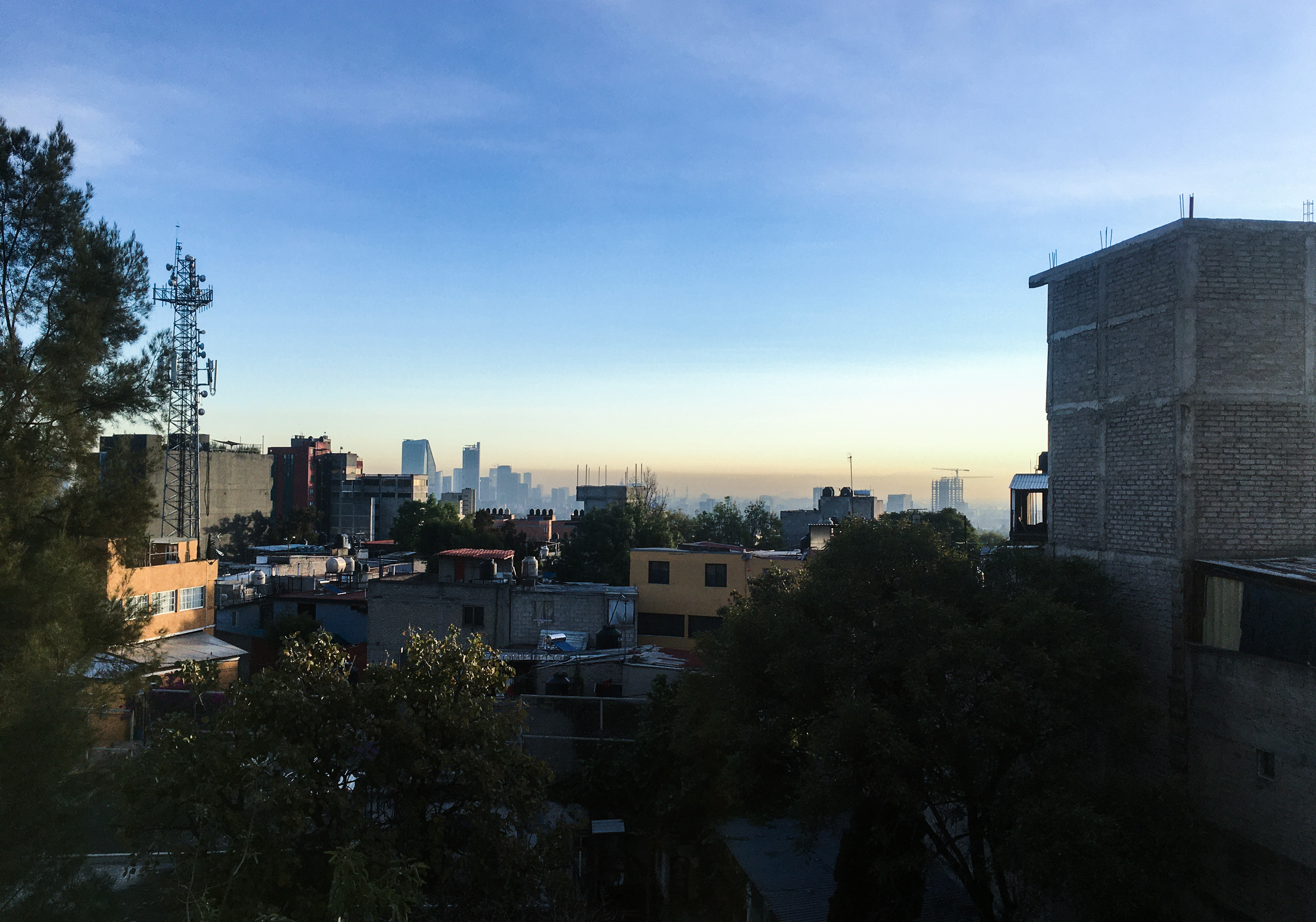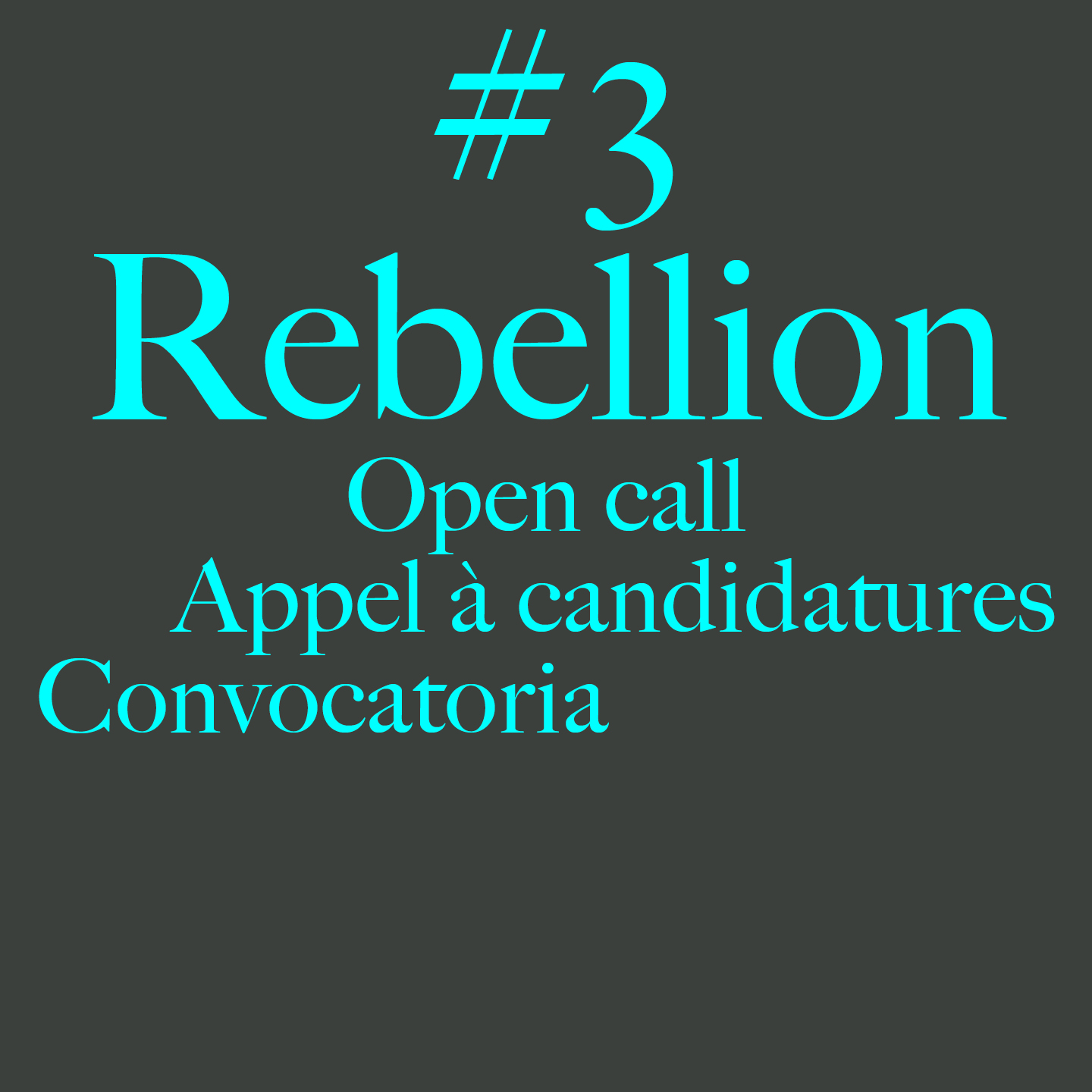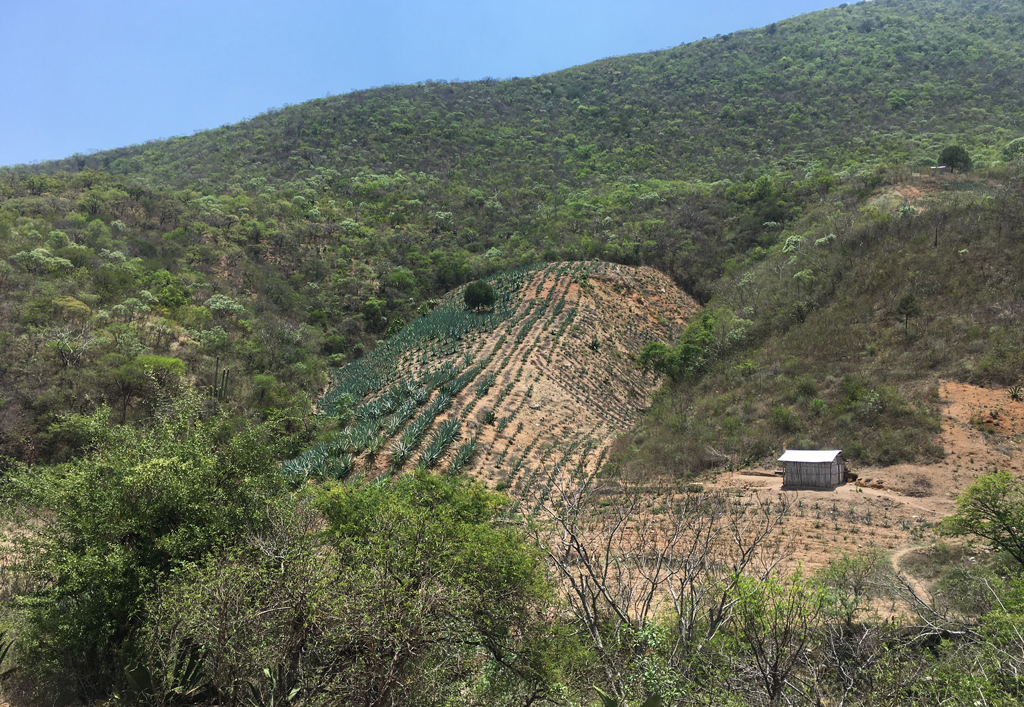Between More of Us / Blog

How can we decarbonise our desires?
Our sensibility is grounded in fossil fuels, high energy demand and the fantasy of permanent growth. If we are to halt the advance of the extractive frontier, we may need to re-educate our aesthetic sense.
Climate CrisisAs is widely known, the increasing energy consumption and use of fossil fuels is a determining factor in the increase of global temperatures, releases toxic gases, microplastics and other chemicals such as perfluoroalkyl substances (PFAS), contributes to the greenhouse effect and directly threatens the planet’s biodiversity and the clearing of vegetation cover. On the other hand, the production of electric cars, photovoltaic cells or wind turbines releases far more pollutant emissions than the production of combustion cars. More than 80% of the energy consumed globally is of fossil origin and less than 15% comes from renewable energies. Almost all electricity used is generated by burning coal, gas or oil. The growing use of electronic devices and data storage, as well as electric vehicles, require minerals and rare earths that demand the expansion of the extractive frontier and the exploitation of labour in the South. If we do not question the growth paradigm, decarbonisation and the transition to electric power will only benefit the automotive industry and the emerging capital from the conversion processes, increasing the ongoing crisis.
Industrial capitalism and its paradigm of progress and permanent growth have shaped the sensibility of North-Western societies. The cultural imaginary based on the exploitation of natural resources and the intensification of productive rhythms is inseparable from forms of domination and dispossession, as are our cultural artifacts. The notion of development and its symbolic identification with technique produce patterns of accumulation and consumption built on the basis of fossil energy that define contemporary visual relations and desire regardless of the type of energy used. In the same way that our food is subordinated to unsustainable monocultural agro-industrial models, the perceptive relations we have with sound or images are highly dependent on gas, oil, coal and capitalist expansive scalability. They demand novelty, events and the constant flow of information and are increasingly focused on client-server relationships such as social networks, streaming platforms, encrypted digital assets such as NFTs, new generation electronic devices, work conservation and international transportation or transatlantic tourism. We communicate through digital platforms that demand large amounts of energy and constant mineral extraction to maintain file-sharing servers, encryption, storage and batteries, using short-lived devices that require rare minerals whose exploitation fuels regional warfare and sustains violence driven by the lucrative arms market. Extractive violence controlled by corporate deals with organised crime is, along with climate change and land use change, one of the main engines of forced migration to the global north. The legal and illegal businesses that generate the violence are the same corporations that buy art, fund biennials and flagship museums around the world. Of course, artistic production for exhibitions, performances and public programmes in museums or commercial galleries is highly dependent on trade capital. Their modes of production are extractive.
How do we dismantle the material and symbolic power relations that naturalise and perpetuate the inequalities and systemic violence that the paradigm of acceleration and permanent growth imposes on life as a whole? How do we reorient our relations towards the reproduction of life? The thematisation of the eco-social conflict is unlikely to construct real alternatives for a way out of this crisis. The extractive ideology of unsustainability is not expressed in the content but in the way in which ideas, works and their meanings are produced and transmitted. It is not the themes but the relationships that produce their emergence. As long as we maintain structures based on resource extraction and human and non-human exploitation, speaking about the anthropocene and mycorrhizae will change little in substance. We need to transform our politics, our forms of organisation and the desires that shape them.




